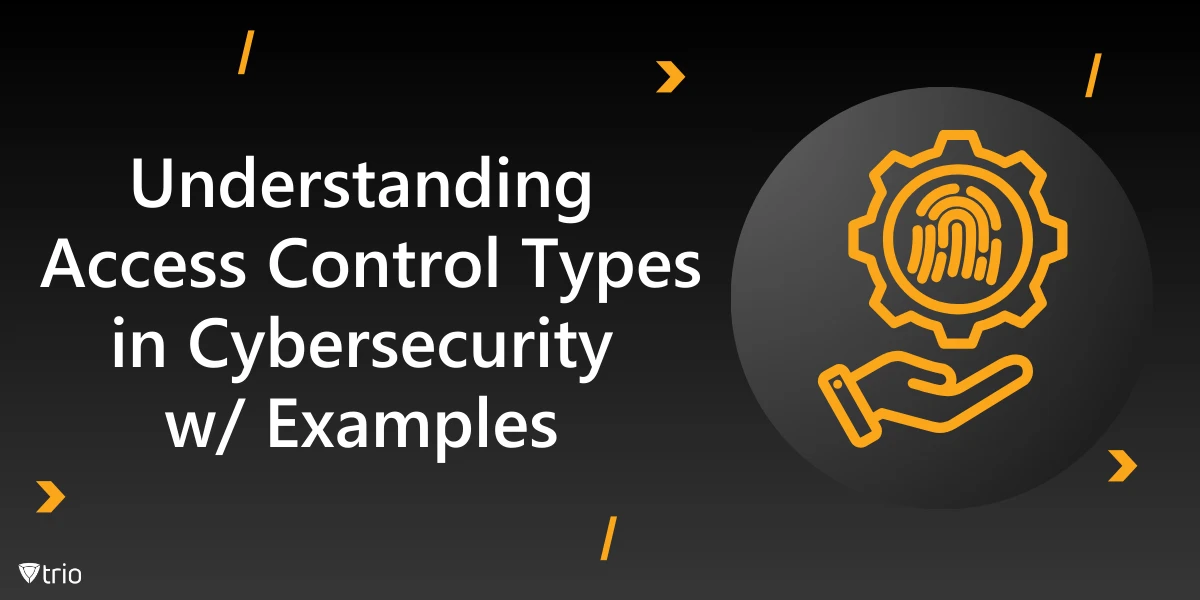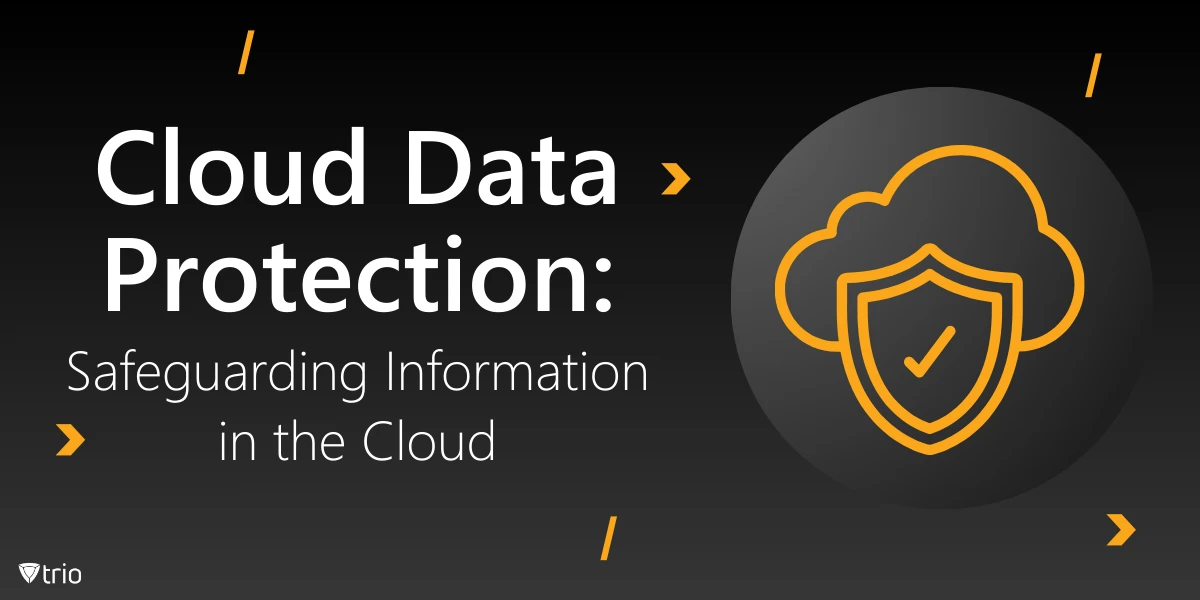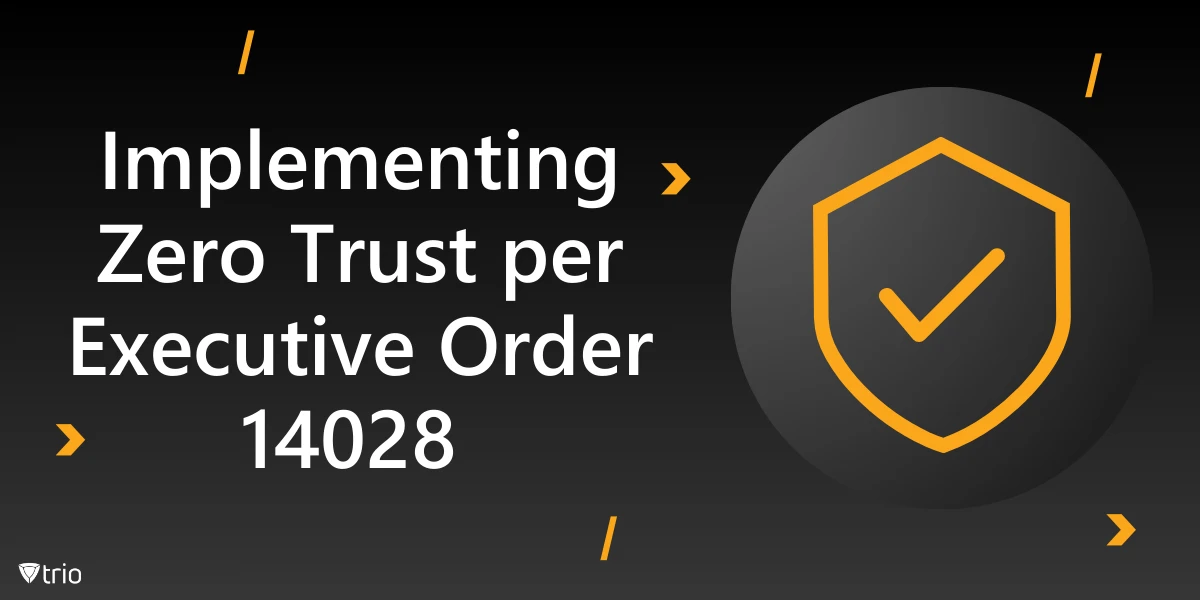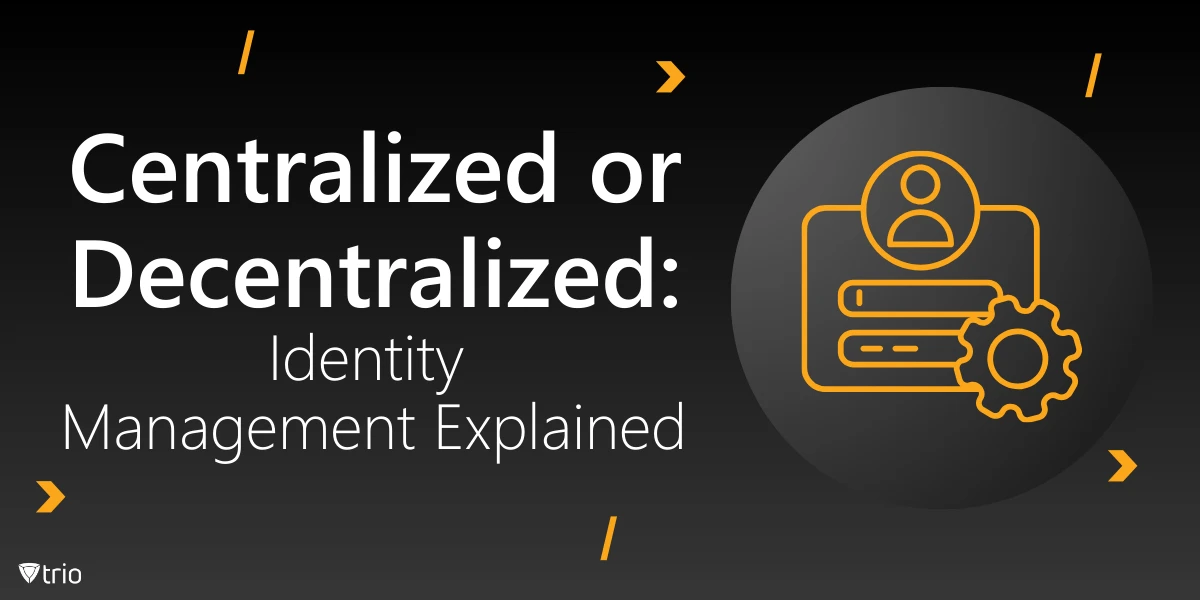In today’s complex business environment, managing relationships with vendors and suppliers is crucial for organizational success. According to Grand View Research, “The global vendor risk management market size was valued at USD 7.27 billion in 2021 and is expected to expand at a compound annual growth rate (CAGR) of 15.0% from 2022 to 2030.” An effective Vendor Management Policy helps ensure transparency, accountability, and compliance while mitigating risks and optimizing performance. This blog post will guide you through the essential components of a Vendor Management Policy and provide a downloadable template to help you get started.
Understanding the Importance of Vendor Management
Vendor contract management involves coordinating and managing relationships with third-party suppliers of goods and services. An effective Vendor Management Policy is essential for several reasons:
- Ensuring Quality and Consistency: Establishing clear expectations and performance metrics ensures third-party vendor management such as delivering high-quality goods and services consistently.
- Mitigating Risks: Identifying and managing potential risks associated with vendor relationships, including financial, operational, and reputational risks, helps protect the organization.
- Enhancing Accountability: Implementing regular performance reviews and feedback mechanisms holds vendors accountable for meeting contractual obligations and organizational standards.
- Compliance: Ensuring vendor compliance with legal and regulatory requirements, including data protection and labor laws, helps avoid legal penalties and reputational damage.
Key Components of a Vendor Management Policy
Here are the key components of a vendor management policy that every organization should be aware of:
Vendor Selection
Selecting the right vendors is the first step in effective vendor management. Your policy should outline criteria for evaluating potential vendors, including financial stability, reputation, experience, and compliance with regulatory requirements. Conducting due diligence, such as background checks and financial audits, is crucial for making informed decisions. Additionally, implementing a standardized Request for Proposal (RFP) process ensures transparency and fairness in vendor selection.
Contract Negotiation
A well-defined contract negotiation process helps protect your organization’s interests. Your policy should specify standard vendor contract agreement terms, including pricing, delivery schedules, quality standards, and payment terms. Ensuring legal compliance and involving relevant departments in the approval process are critical steps in finalizing vendor contracts and vendor onboarding.
Performance Monitoring
Monitoring vendor performance is essential for maintaining high standards and addressing issues promptly. Establish key performance indicators (KPIs) to measure vendor performance, such as delivery times, quality of goods/services, and compliance with contract terms. Regular performance reviews and a feedback mechanism for employees help ensure continuous improvement and accountability.
Risk Mitigation
Identifying and mitigating risks associated with vendor relationships is a crucial aspect of vendor management. Conduct regular risk assessments to identify potential risks and develop contingency plans to address potential disruptions. Specifying insurance requirements for vendors adds an extra layer of protection for your organization.
Compliance and Auditing
Ensuring vendor compliance with contract terms, organizational policies, and regulatory requirements is vital. Your policy should include audit rights, allowing your organization to conduct audits of vendor operations and financial records. Defining procedures for addressing non-compliance, including corrective actions and contract termination, helps maintain high standards and accountability.
Termination of Vendor Relationships
Clearly defined criteria and processes for terminating vendor relationships help protect your organization from poor performance and non-compliance. Your policy should outline notification requirements, the return of organizational property, and the settlement of outstanding payments. Transition planning ensures continuity of services during vendor transitions, minimizing disruptions.
Free Vendor Management Policy Template
Implementing an effective Vendor Management Policy is essential for managing relationships with vendors and suppliers, ensuring transparency, accountability, and compliance. By following the steps outlined in this guide and adopting best practices, organizations can develop a robust Vendor Management Policy that addresses their unique needs and challenges. Prioritizing vendor selection, contract negotiation, performance monitoring, risk mitigation, compliance, and termination procedures ensures a comprehensive approach to vendor management. To help you get started, we’ve created a detailed Vendor Management Policy Template.
You can download and customize this template to fit your organization’s specific needs.
Interested in simplifying device management too?
Discover how our device management solution can streamline operations and enhance efficiency. Request a free demo today!
Know about news
in your inbox
Our newsletter is the perfect way to stay informed about the latest updates,
features, and news related to our mobile device management software.
Subscribe today to stay in the know and get the most out of your mobile
devices with our MDM solution app.
Recent Posts

Erase the Risk: Protect with Zero Standing Privileges
Learn how zero standing privileges eliminate persistent access rights, enhance data security and reduce the risk of unauthorized access.
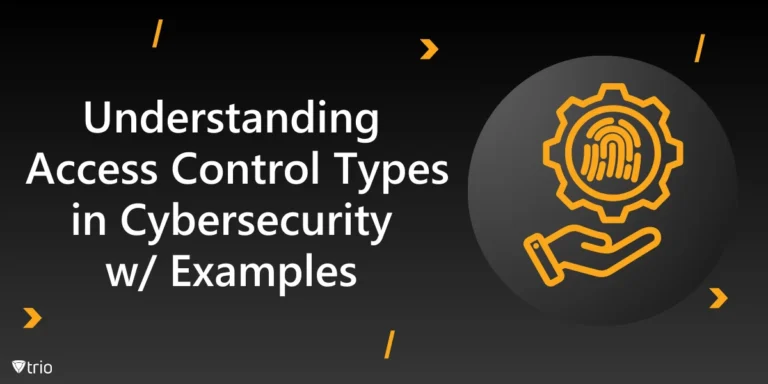
Understanding Access Control Types in Cybersecurity w/ Examples
Thorough understanding of access control types & the knowledge to make informed decisions about implementing security measures in your organization.
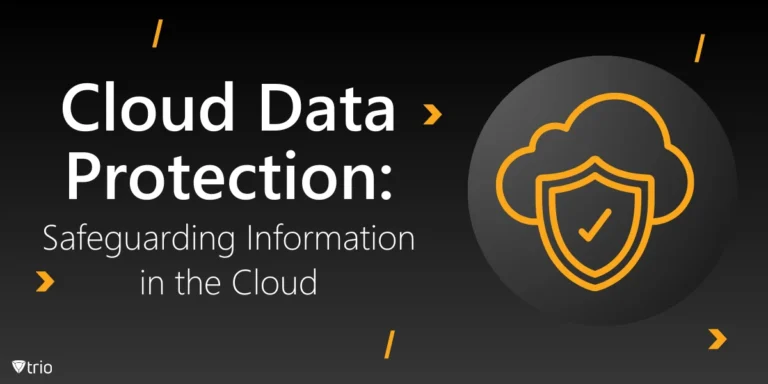
Cloud Data Protection: Safeguarding Information in the Cloud
Learn essential strategies for robust cloud data protection, exploring tools, best practices, and policies that safeguard sensitive information.
![[Download] Effective Vendor Management Policy Template](https://www.trio.so/blog/wp-content/uploads/2024/07/Vendor-Management-Policy-Template.webp)

